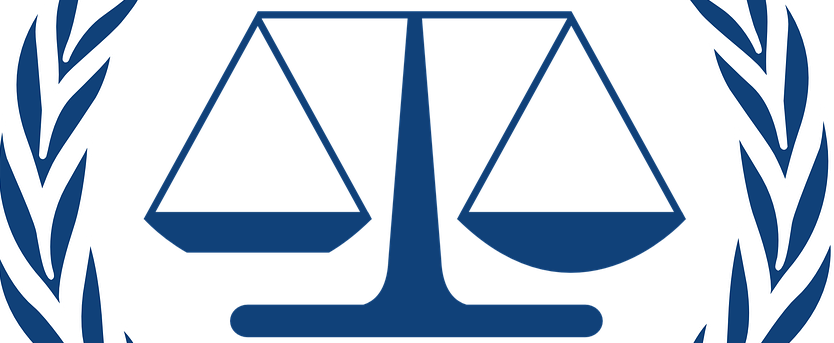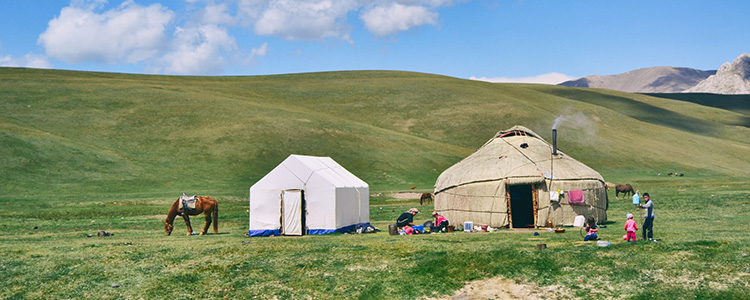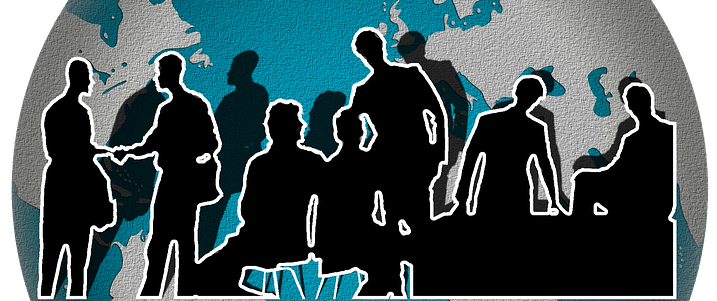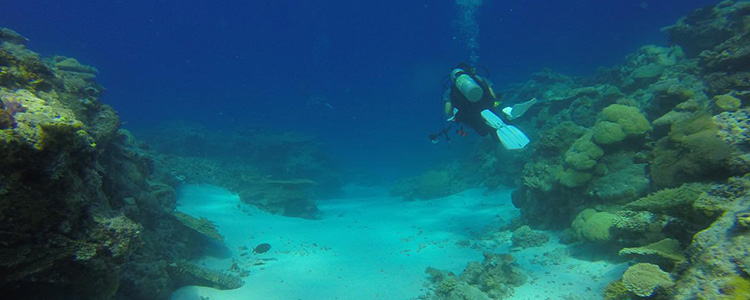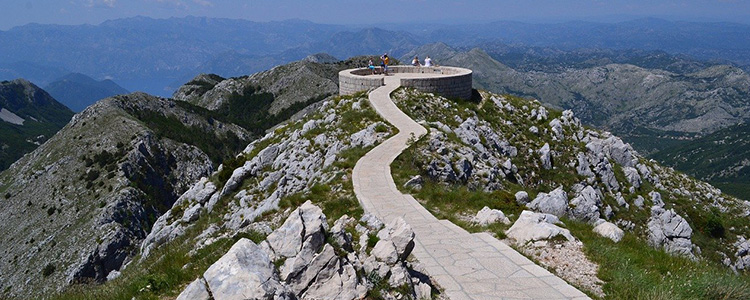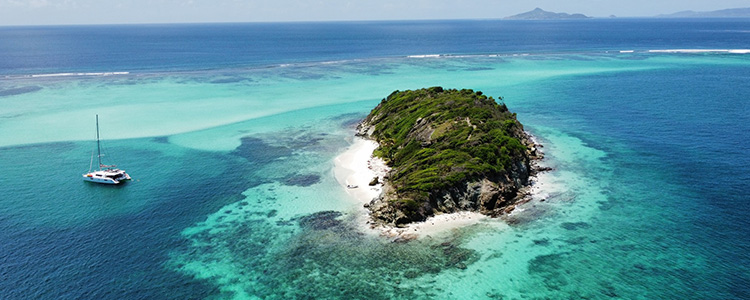Meet Joe. Joe grew up in small town in the United Kingdom, but decided to move to the US for his studies. In 2014 he applied for a scholarship, got it and said goodbye to his family and friends to go on a 6-year adventure in the US. After four years of studying and two years of working he decided to leave. Read more about his story below!
What should people know about you to understand your emigration story?
I moved to the US at 18 to pursue a college education as I received a merit-based scholarship. I studied for four years, graduating with a degree in chemistry, and then made use of the STEM optional practical training (OPT) program to work for two years.
Was there a specific moment or event that inspired you to emigrate?
Many, but mainly growing up watching the big bang theory and meeting an american girl on a holiday in France when I was 15!
How did you prepare?
A few vaccines that I had to get that were required in the US but not in the EU. A physical check-up. Getting all my dental/optical health taken care of as I wasn’t sure how much it would cost in the US.
What did your life look like, what kind of work/activities made you feel like you were really at home in the USA?
Hiking and spending time in nature! The US is vast and the sky feels huge compared to anywhere else I’ve been in the world - reaching a viewpoint on the Appalachian trail and seeing lush green trees as far as the eye can see. Camping trips to Maine and the Adirondacks, the myriad colours of leaves in a New England fall. Halloween pumpkin picking and carving, drinking apple cider, eating pumpkin pie. Going to a baseball game or an ice hockey game. Fourth of July fireworks! Watching the NFL on Thanksgiving.
Did you have an idea about the future?
At the time of leaving, I did not have much of an idea of the future due to the pandemic. I had a plan for moving back to the UK, and made sure to tie up loose ends before leaving the US. I knew that I eventually wanted to travel to Japan and New Zealand/Australia.
Why did you return to the UK?
Again, many reasons. It was difficult during the pandemic being isolated from my family in the UK. I also wanted to travel internationally outside of the USA and make use of UK-based working holiday programmes, which was at odds with needing to maintain my visa status and employer-provided health insurance in the US.
Did you get funding to go to university in the US?
I was lucky to be able to go through the Sutton Trust US programme, a programme aimed at educating UK state school students on college opportunities available in the US as there is a lot of financial aid on offer for international students. The programme guided me through the daunting US college admission process. There are different forms of funding in terms of scholarships, merit-based financial aid, and need-based financial aid (what I got, I was admitted to the university but then received grant money from the university to attend, otherwise I wasn’t able to afford it). Advice would be to look at highly ranked US universities, as they will typically have more money and financial aid available to give to international students.
What kind of university did you attend?
I attended a liberal arts college, smaller than traditional universities, and focusing on a more holistic and well-rounded education rather than a single area. (I had to take classes in different subject areas - social sciences, natural sciences, arts, physical education, etc.) in order to graduate. I didn’t declare a major (chemistry) until the end of my second year, and was able to take non-chemistry classes throughout my time.
What did the academic year look like?
Academic year followed a two semester system, fall and spring. Assessments were done throughout the semester, rather than a single exam at the end. I was fortunate to attend a liberal arts college as they are solely undergraduate institutions and have small student bodies (2000 student). I was able to do research in the chemistry department and used high level instrumentation that would be difficult to find/use even at graduate level. Classes were also much smaller and much more student/professor interaction.
Any advice?
Thanksgiving is a really fun holiday, I found my American friends were happy to invite me into their homes when I told them I’d be alone on the holidays.
How did you make friends? Do you have any tips for meeting people?
I was fortunate to meet friends through college and then work. Americans are generally very friendly and happy to help or to have a conversation. Many of my friends invited me into their homes during public holidays like Christmas and Thanksgiving. My tips for meeting people would be to pursue groups based on hobbies and shared interests, and to be open to new opportunities and putting yourself outside of your comfort zone.
How did locals react to you living and working in the US?
I found that people are always happy to chat to people from Europe and hear about where they are from! But for the most part living and working here is the same as anywhere else!
What is your favorite local tradition/holiday?
Thanksgiving, the desserts/pies are amazing and the lack of focus on gifts (like christmas) makes it a nice holiday focused on spending time with family and friends.
Are there things you struggled with in social interactions?
The directness and extroverted nature of conversations is sometimes overwhelming. Another thing was not knowing if people are endearing or genuinely interested in friendship versus stereotypical friendly American. This sometimes made it difficult to foster genuine friendships.
How did you stay in touch with home?
Facetime and Whatsapp, sending family pictures, Polarsteps
Have you learned anything useful about communication with home?
It highlighted indirect patterns of speech that are used in the UK, which was useful when I returned to work after my time in the US.
What was one of the best experiences?
It starts with losing my expensive glasses in the ocean, not the best experience... But then the family I was staying with talked with their neighbours/local community and they all chipped in money for me to get a replacement pair. I'd never experienced something like that before and it showed the kindness of many Americans, even towards a relative stranger.
What were your biggest disappointments after emigrating?
The lack of walkability disappointed me, a car is very much a necessity outside of few major cities. In the UK distances are much smaller and public transportation is easy, or you can even go somewhere by bike or walk. In the US this can be very different.
Health insurance being tied to employment was another things that caused me stress and frustration at times as well, since without employment, well....
In retrospect, what do you wish you had known about the USA?
There is no legally mandated minimum vacation time. The work culture is tough and very individualistic.
What would you do differently next time and what would you tell others with the same idea?
Unless I was living in a city like New York or Boston, I would buy a car, as it gives a lot of freedom and independence. Fuel is cheap compared to Europe and distances are vast.
What was the biggest culture shock?
There is a large level of income inequality and there’s high levels of homelessness and addiction.
What did you miss most from the UK?
Having a supply of wine gums and Haribo! But I also missed British sports culture and the quality of food/vegetables in my home country. A lot of food in the US has high fructose corn syrup and/or added sugar.
Were there things you appreciated more about the UK while you were in the US?
Walkability, legally mandated time off, fresh food and cheap fruit/vegetables, mobile banking and bank transfers, most paperwork has been digitised in the UK and can be easily handled using gov.uk.
What was the most difficult rule to understand in the US?
States with different laws regarding tax, driving, alcohol, gambling etc. It can be quite confusing!
How did you find a suitable place to live? Was it difficult?
I found a room to rent through Craigslist. It was straight forward although I did need a reference.
What was the working culture like? Was it different from the UK?
I worked for a small family run company. Quite a stressful environment and a high workload. Lots of interaction with the boss, some micromanagement, but it also allowed me flexibility that you don’t necessarily at a larger corporate company (I.e. taking holiday in advance as I needed to return to the UK to renew my visa). All decisions had to be approved by the boss. There was no progression/pathway for promotion, which was also one of my reasons for leaving - I came in to a high level position compared to others in a similar age/degree background, but more senior positions were filled by long-term staff and so promotion was only realistic if someone retired. No mandated holiday time, I earned 10 days of holiday time after 1 year at the company, increasing by 5 days each year at the company. It was a good stepping stone, but quite a toxic work environment and I missed the employer protections offered in Europe. I would consider returning to the US and working at a more senior level in a more competitive industry and location, as benefits are generally better to maintain employees (I.e more days off given by the company per year than in the UK).
What were the biggest differences in costs between the USA and the UK?
Fuel is significantly cheaper than Europe/UK, second hand cars are more expensive, rent and cost of living is more expensive in the US.
What have you learned about insurance, taxes and other financial obligations in the US?
Having to manually fill in a tax return and use tax company software. Generally tax returns are done automatically in the UK.
Did you use local healthcare in the US and what did you notice? Was it similar or completely different?
I had a few experiences with the US healthcare system, but was able to get seen very quickly whenever problems arose. I had laser repair work done on my eyes, something that would have taken 6 months for an appointment in the UK, whereas I was seen within a week in the US. I had orthodontic work done in my first year in the US. It was expensive as it was only partially covered by my insurance, but I had been wearing braces for 5 years on the NHS with very slow/no improvement. My orthodontist in the US gave me a 1 year plan for completing my orthodontic work and was very proactive and communicated clearly. I have zero regrets and still enjoy my smile 10 years on!
But.. next to this, the healthcare system was very confusing. I was afraid of getting sick and having to go to doctors when I was a student as I wasn't sure how much it would cost me. I knew a case of someone who didn't call an ambulance for their paralytic friend because they didn't know if they could afford it (>1000 dollars). I would definitely recommend sorting out good health insurance before you go.
Are there specific issues or tips around 'safety' or 'health' that are useful for other people who are going to live or work in the US for a longer period of time to know?
Be aware of food quality, additives, and portion sizes - it is really easy to put on weight. And, unfortunately, gun safety is another thing to be aware of.
Other things you want to share about your emigration?
I had to fly back to the UK to renew my visa, I couldn’t get it done in the US. So make sure you check how to do it, and perhaps you can combine it with a nice visit to your family and friends!
Did you develop any new hobbies or interests while living in the USA?
I pursued hiking, camping, climbing, and played many board games!
Were there any projects or activities you were involved in that gave you a sense of fulfillment?
I volunteered at my local independent movie theatre and also at Habitat for Humanity (US organisation aimed at building affordable housing)
How did you balance work, relaxation and enjoying your new surroundings?
The US work culture and lack of employment rights means maintaining a work life balance is notoriously difficult, but it is important to schedule days off and plan solo outings or meet up with friends.
Overall I had a great time in the US, and despite certain things, I still miss the country and my friends. As I said, maybe I'll go back some day, but first - Australia :).



 United States (USA)
United States (USA)






















